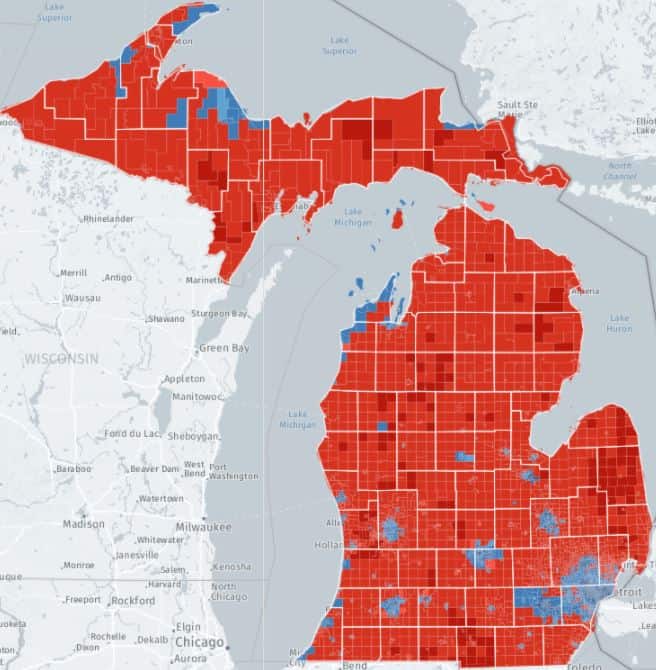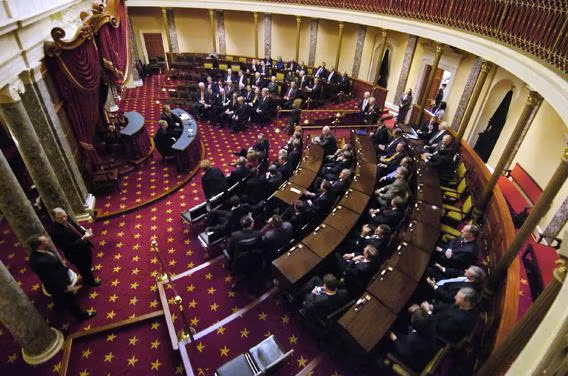LANSING – A business group announced a legal challenge Tuesday in the Court of Appeals over the Public Service Commission’s decision to allow for a local clearing requirement for energy providers beginning in 2022.
The Michigan Association of Businesses Advocating Tariff Equity filed a claim of appeal to the Court of Appeals earlier this month. The group works to protect the interests of the state’s large energy consumers.
In September the PSC issued an order beginning a formal hearing process to determine a methodology and local clearing requirement for energy producers which will be conducted over the next several months.
The PSC had been considering requiring electric providers to supply their customers with electricity generated in the state, prompting several lawmakers and stakeholders to oppose the move on the grounds that it would be a huge hit to the companies in the state participating in the electric choice market.
As the order was written, it would allow time for those affected to adapt to the changes while ensuring providers are able to meet long-term demand.
Group leaders take exception to a portion of PA 341 of 2016, the energy law passed last December.
ABATE, like others opposing the PSC’s order, argues the commission was trying to reinsert language that was removed during the legislative process, which was part of a compromise in getting the final set of legislation to pass. The removed language from the 2016 law was over local clearing requirements, which would require a certain amount or all of a supplier’s energy to be generated in-state.
Michael Pattwell, ABATE legal counsel, said a local clearing requirement would end the state’s competitive electric market.
“This could force retail open access customers to return to the more expensive monopoly service offered by the incumbent regulated electric utilities who, of course, own nearly all of the capacity resources located in Michigan,” Pattwell said in a statement.
ABATE Executive Director Rod Williamson called on stakeholders to get involved and voice their opinions.
“It is more important now than ever before that large energy users step up and be involved in the regulatory and policy process in order to ensure Michigan is a cost-competitive state to operate their businesses,” Williamson said in a statement. “The decisions being made by the commission to implement the energy law will have significant implications for many years to come, for both full service customers of the utilities as well as retail choice customers.”
The PSC disputes the claims by ABATE that the language was removed and added that the commission has the authority to set a local clearing requirement.
“The new law is clear that all electric providers must contribute to and support the reliability of our electric system. The local clearing requirement was not ‘removed’ from PA 341, which explicitly defines the local clearing requirement and the commission’s role in setting the LCR, with technical assistance from MISO,” PSC Chairperson Sally Talberg said in a statement. “The commission is firm in its belief that its decision in September in Case No. U-18197 is expressly authorized by the law. We look forward to further direction from the Michigan Court of Appeals on this complex subject.”
This story was published by Gongwer News Service.







